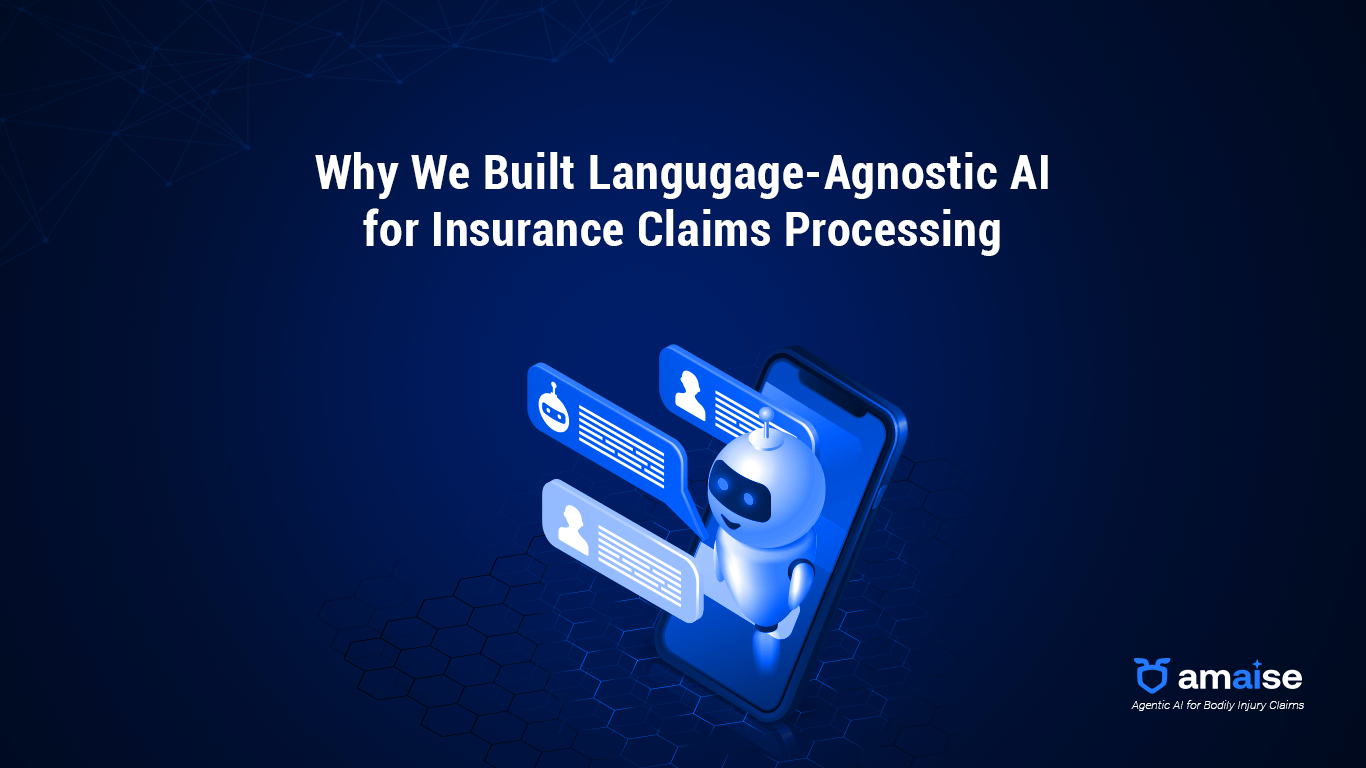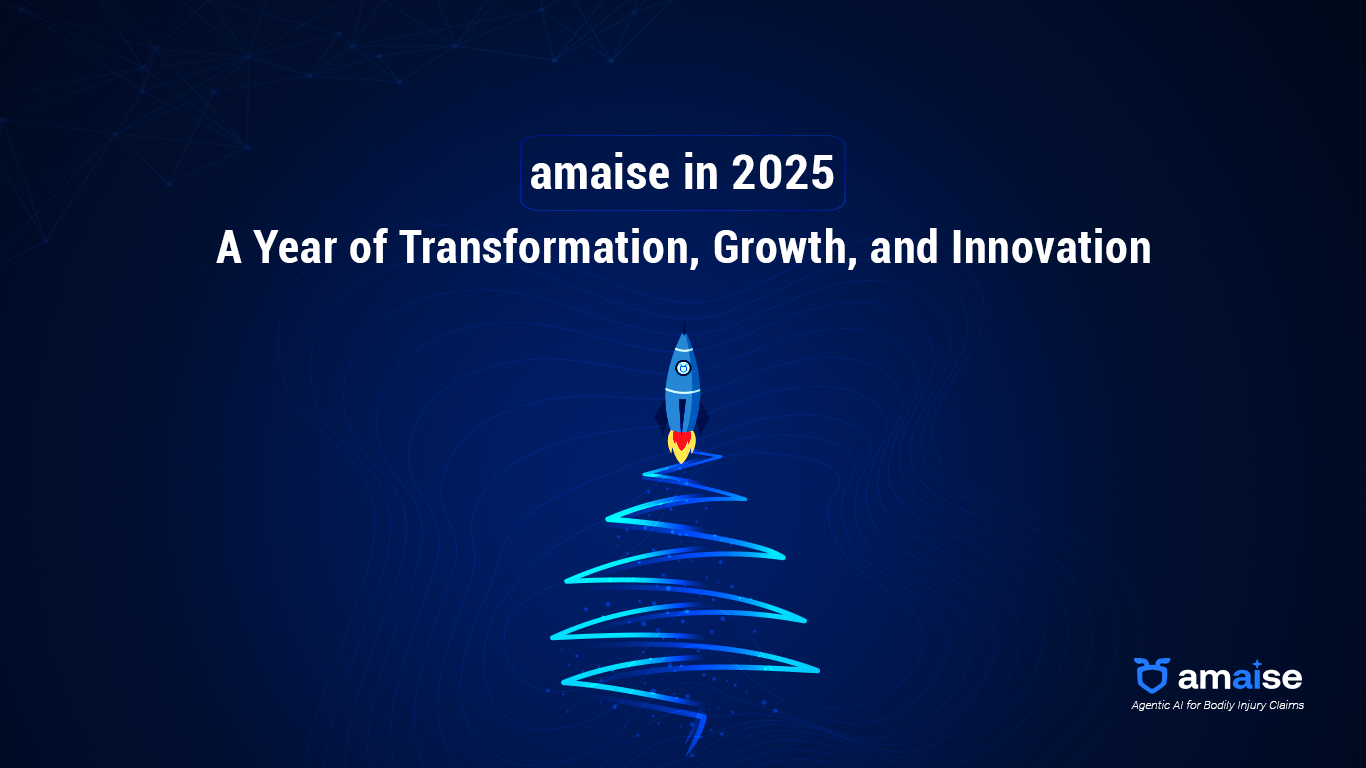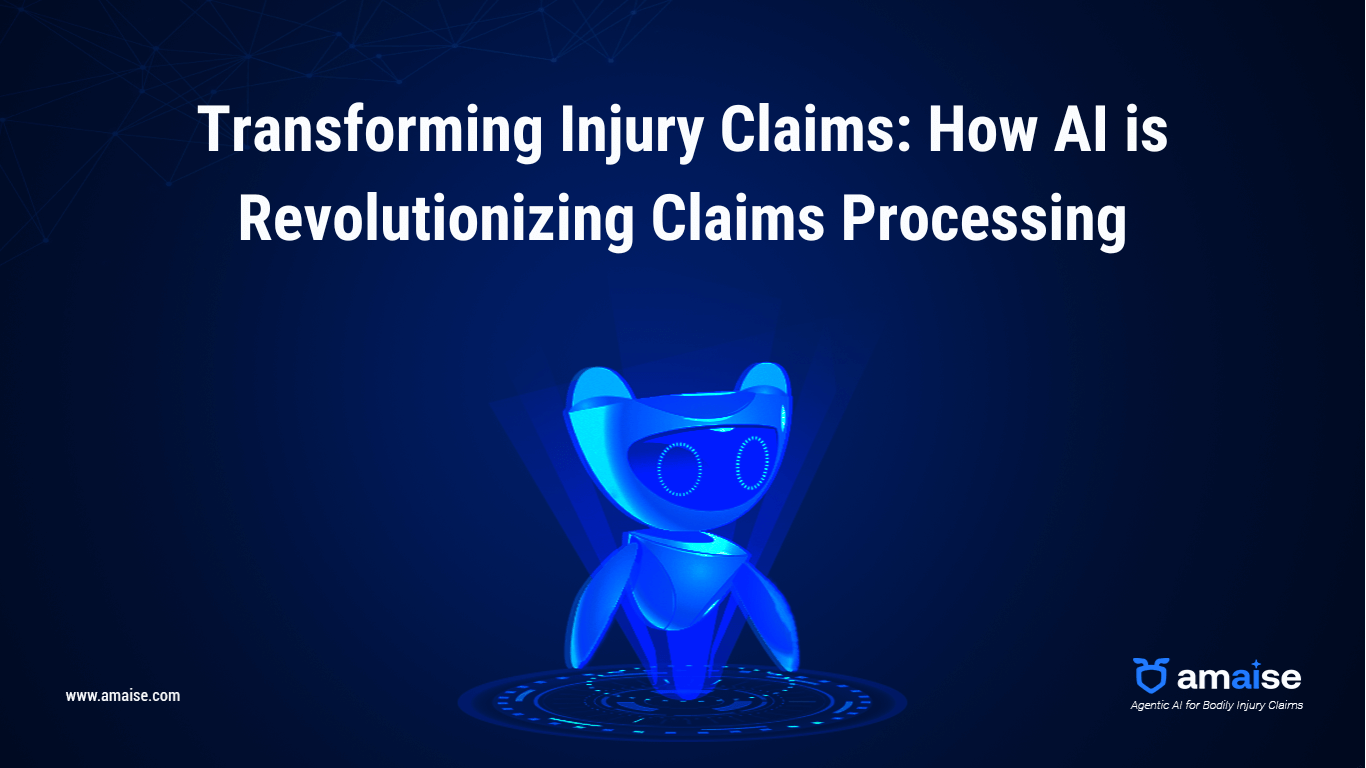
Global claims demand global solutions, and that's exactly what amaise set out to create with our language-agnostic AI platform.

The insurance industry operates across borders, yet most AI solutions are confined to linguistic silos. Global claims demand global solutions, and that's exactly what amaise set out to create with our language-agnostic AI platform.
The Multilingual Reality of Modern Insurance
Claims never come in just one language. Whether you're processing medical reports from Switzerland, reinsurance documents from Germany, or accident reports from France, the reality is simple: insurance is inherently multilingual. Even domestic insurers encounter this complexity daily: a medical report from a foreign hospital, documentation from international business travel, or correspondence from multilingual claimants.
The numbers tell the story. Our analysis revealed that claims teams spend countless hours manually translating documents, often missing critical nuances that can impact settlement decisions. Traditional translation alone wasn't sufficient; we needed AI that truly understands multilingual claims data, not just converts it.
Building Multilingual Intelligence
From day one, we knew amaise's AI had to handle this linguistic complexity. Translation alone wasn't enough. We needed a solution that understands context, medical terminology, and legal nuances across languages.
Our approach was extensive:
Training at Scale: We trained our models on over 12 million documents spanning German, French, Italian, English, and additional European languages. This massive multilingual dataset forms the foundation of our understanding.
Knowledge Graph Architecture: We built sophisticated knowledge graphs that link concepts across languages. Our system understands that "Fracture of femur" equals "Oberschenkelbruch" - not just as translations, but as equivalent medical concepts with the same implications for claims processing.
Pattern Recognition: Our models are specifically tuned to recognize language-specific patterns. Whether it's Spanish date formats versus French ones, or German medical terminology structure, our AI adapts to linguistic nuances that traditional systems miss.
Global Standards Integration: We have anchored our entire system on internationally recognized standards, such as ICD-10 codes. This ensures accuracy regardless of the source language, thereby creating a unified framework for identifying medical conditions.
Proven Results
The results speak for themselves. Our multilingual AI achieves 95-99% accuracy in production environments. This precision comes from understanding that a "Medical Report" carries the same weight whether it's written in Dutch or Spanish – our system extracts the right data, links diagnoses correctly, and helps claims teams make faster, fairer decisions.
The efficiency gains are remarkable:
- 8× faster review cycles
- Up to 84% efficiency improvements
- Processing cases up to 80% faster
- Achieving four times greater accuracy
- Optimizing payout outcomes by up to 11%
Eliminating Blind Spots in Global Operations
Many AI systems struggle when they encounter unfamiliar formats or languages. Ours doesn't. By designing for multilingual robustness from the ground up, we've created a solution that thrives on linguistic diversity rather than being constrained by it.
For claims leaders managing multilingual operations, this means no blind spots. No missed insights. Whether processing workers' compensation claims with German medical reports or life insurance underwriting with French medical histories, our agentic AI platform delivers consistent and accurate analysis.
The Technology Behind the Success
Our agentic AI platform represents the next evolution in claims intelligence. Rather than simple document translation, we've built an ecosystem of AI agents that collaborate to understand multilingual content deeply.
Knowledge graphs serve as the backbone, connecting medical terminology, legal concepts, and claims patterns across languages. When our AI encounters "Hernia inguinalis" in a German report, it doesn't just translate – it understands the medical implications, typical treatment protocols, and claims patterns associated with inguinal hernias, regardless of the source language.
Pattern recognition algorithms have been trained on millions of multilingual insurance documents, learning to identify subtle differences in how various languages structure medical information, dates, and legal concepts. This training enables our AI to maintain accuracy even when processing documents in languages not commonly represented in other AI systems.
Beyond Translation: True Understanding
What sets our approach apart is the distinction between translation and understanding. While traditional systems convert text from one language to another, our AI comprehends the underlying meaning, context, and implications of the text. This deep understanding enables more accurate claim assessments and faster decision-making.
Our multilingual capabilities extend beyond basic text processing. The system recognizes cultural nuances in how different regions document medical conditions, understands varying legal frameworks across countries, and adapts to regional standards while maintaining global consistency through frameworks like ICD-10.
The Future of Global Claims Processing
The insurance industry's digital transformation demands solutions that match its global scope. With amaise's language-agnostic AI, insurers can confidently process claims from any corner of the world, knowing that language barriers won't compromise accuracy or efficiency.
This technological foundation positions amaise at the forefront of the industry's evolution. As Patrick Barnert, our COO, leads our international expansion, we're bringing these proven multilingual capabilities to insurers worldwide. The result is a truly global solution for an inherently global industry.
The question isn't whether multilingual AI will transform claims processing - it already has. The question is whether insurers will embrace this transformation to deliver better outcomes for their global customers and operations.

